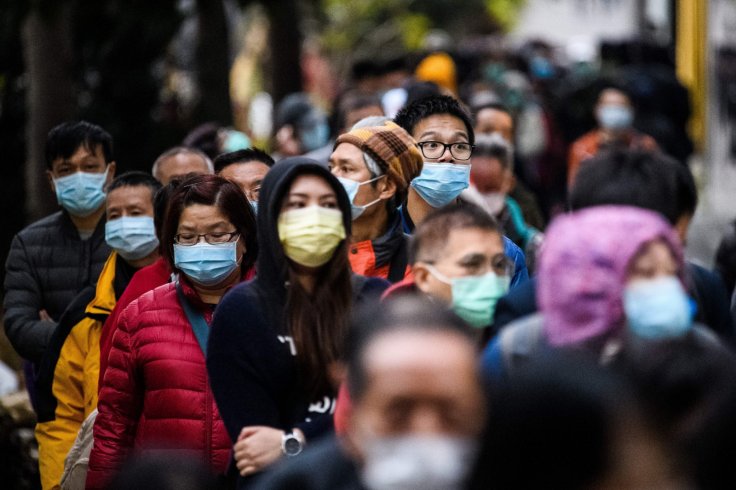A Chinese doctor who was at the frontline at the epicenter of the coronavirus or COVID-19 outbreak in Wuhan has warned against the development of treatments based on anecdotes rather than evidence, also mentioning that there is no magic bullet for the disease and stated it is hard to get one.
"My colleagues and I wanted to get a kind of magic bullet, but after ... we have gathered all the evidence ... I have to admit that it's hard to get a kind of magic bullet," Professor Cao Bin, who is the vice-director of the National Clinical Research Centre for Respiratory Disease in China, had moved from Beijing to Wuhan for helping the initial rise in coronavirus cases in China.
Coronavirus Crisis

While Speaking at a National University of Singapore (NUS) webinar on August 20, Cao recollected that during the early days of the outbreak, people were searching desperately for a treatment for the disease. "We have heard a lot of stories about the successful treatment of this disease, such as a new drug, or even a kind of drink ... for the ill patients. But unfortunately, there is no magic bullet – not only during the early days but for now," he mentioned.
The doctor stated that treating some COVID-19 patients is 'complicated' as few develop severe pneumonia, kidney, and cardiac injury. "Even during a pandemic, even during fear or helplessness, we clinicians should trust evidence, and we should not trust anecdotes," Cao stated. Instead of a magic bullet, he called for smart strategies for treating the disease. Cao was one of the first doctors in the world to use antiviral drugs lopinavir and ritonavir to treat coronavirus patients.
China Tackled Coronavirus
China eventually managed to contain the spread of the deadly virus with an awareness of the public, Cao stated. "The severe patients are centralized into medical centers where specialists all over the country are working together to take care of the patients," he added. While thanking the healthcare workers for their work, Prof Cao mentioned, "I will show respect to all healthcare workers in the diagnosis and treatment of COVID-19 in mainland China."
The deadly virus outbreak has created a major stir around the world in recent times infecting more than 22.4 million people worldwide and claimed the lives of over 787,000 people globally in more than 170 countries.









